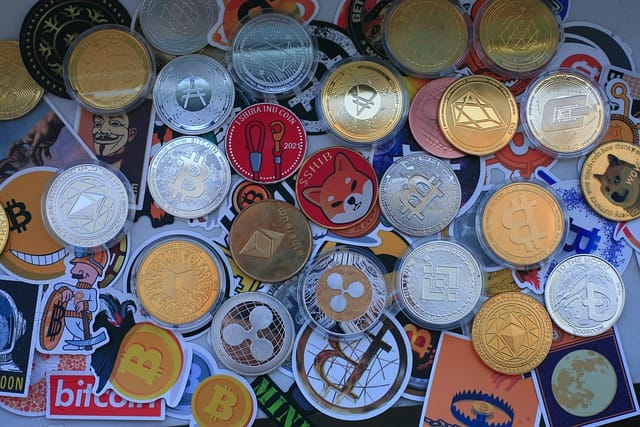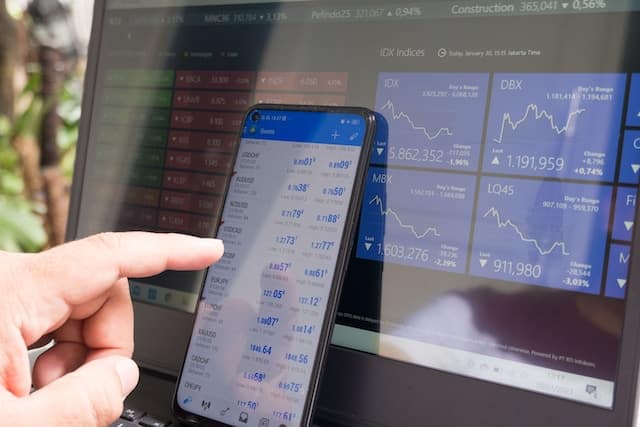A cryptocurrency exchange is a digital platform where individuals can buy, sell, and trade various cryptocurrencies. These exchanges provide a marketplace where users can exchange one cryptocurrency for another, or they can convert cryptocurrencies into traditional fiat currencies like US Dollars, Euros, etc.
AI has the potential to significantly impact the financial industry, including investment portfolios. AI-powered investment portfolios such as www.vestinda.com can use machine learning to analyse massive amounts of financial data, spot patterns, and make better investment decisions.
Here are some key features and functions of a crypto exchange:
- Trading pairs: Cryptocurrency exchanges offer different trading pairs, which represent the combinations of cryptocurrencies that can be traded against each other. For example, a common trading pair is Bitcoin (BTC) and Ethereum (ETH).
- Market orders and limit orders: Users can place market orders to buy or sell a cryptocurrency at the current market price, or they can place limit orders to specify a desired price and wait for the market to reach that price before executing the trade.
- Liquidity: The liquidity of an exchange refers to the ease with which an asset can be bought or sold without causing significant price fluctuations. Exchanges with higher liquidity tend to have tighter bid-ask spreads, making it easier to execute trades at favorable prices.
- Security measures: Reputable exchanges implement various security measures to protect users’ funds and personal information. These measures might include two-factor authentication (2FA), cold storage of funds, encryption, and regular security audits.
- User accounts: Users need to create accounts on exchanges to start trading. This typically involves providing personal information and verifying identity to comply with anti-money laundering (AML) and know your customer (KYC) regulations.
- Fees: Exchanges often charge fees for trading, which can include maker fees (fees for providing liquidity to the order book) and taker fees (fees for executing orders from the order book). Fee structures can vary widely between exchanges.
- Types of exchanges: There are different types of cryptocurrency exchanges, including centralized exchanges (CEX) that are operated by centralized organizations and decentralized exchanges (DEX) that operate on blockchain technology without a central authority.
- Regulation: The regulatory environment for cryptocurrency exchanges varies by jurisdiction. Some countries have established clear regulations for exchanges, while others have taken a more cautious or restrictive approach.
It’s important to research and choose exchanges carefully, as the cryptocurrency market can be volatile, and the security and reliability of an exchange are crucial for a positive trading experience. Always exercise caution, conduct due diligence, and consider using well-established and reputable exchanges with a track record of security and reliability.






Leave a Comment